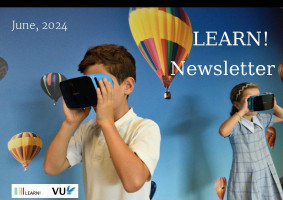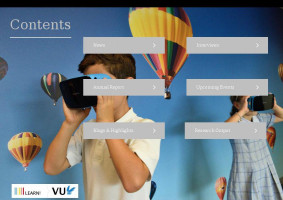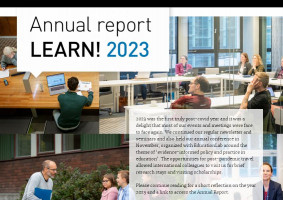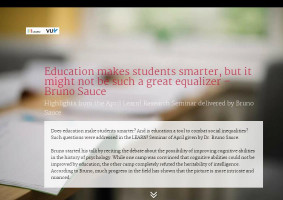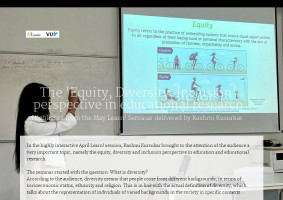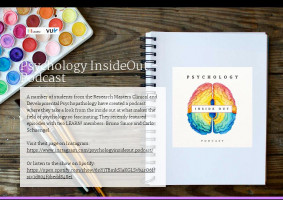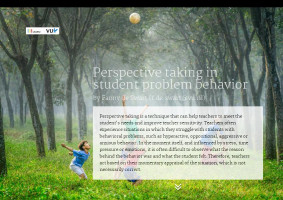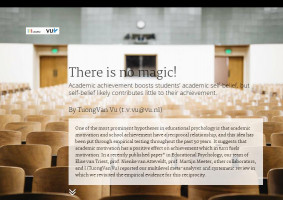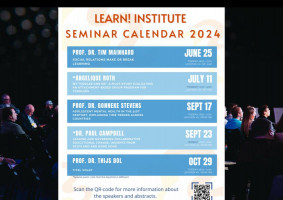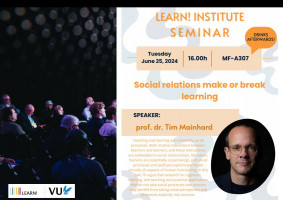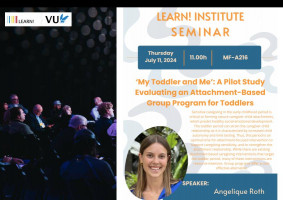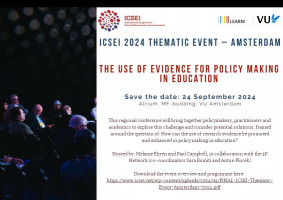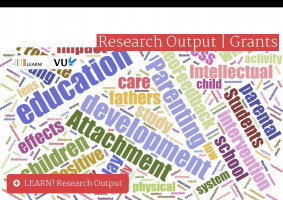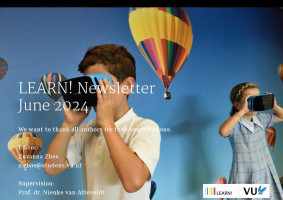There is no magic!
Academic achievement boosts students’ academic self-belief, but self-belief likely contributes little to their achievement.
By TuongVan Vu (t.v.vu@vu.nl)
One of the most prominent hypotheses in educational psychology is that academic motivation and school achievement have a reciprocal relationship, and this idea has been put through empirical testing throughout the past 30 years. It suggests that academic motivation has a positive effect on achievement which in turn fuels motivation. In a recently published paper* in Educational Psychology, our team of Elise van Triest, prof. Nienke van Atteveldt, prof. Martijn Meeter, other collaborators, and I (TuongVan Vu) reported our multilevel meta-analyses and systematic review in which we revisited the empirical evidence for this reciprocity.
Our multilevel meta-analyses and systematic review encompass 47 studies of motivation and academic achievement, but we chose specifically the ones that had longitudinal data and were conducted in primary and secondary education. Given that previous meta-analyses focused on the self-belief type of motivational constructs such as academic self-concept, self-efficacy, and the likes, we therefore also selected studies that used the non-self-belief type of motivation constructs such as achievement goal orientation, interest, etc..
Our findings offered mixed support for reciprocity. Overall, the pooled effect of achievement on motivation was nearly twice as strong as that of motivation on achievement. The effect of achievement on motivation held across different types of motivation constructs, albeit exhibiting more robust reciprocity for self-belief constructs than for other constructs. The effect of motivation on achievement was exclusively found for self-belief type of motivation and not for the non-self-belief type of motivation.
Furthermore, we also investigated other factors that could influence the reciprocity, namely participant age, time between measurements and study population (given a high prevalence of studies performed in Germany). Regarding the effect of achievement on motivation, studies investigating older populations found significantly smaller effect sizes than those in younger populations. Conversely, time between measurements was the only significant moderator, suggesting that the effect of motivation on achievement gets smaller as the two measurements are spread further apart. Overall, the medium-to-high heterogeneity between studies and within studies suggests that pivotal factors in the motivation-achievement dynamics may not have been captured yet.
The asymmetric reciprocal relationship also has implications for teachers and practitioners. We recommend, based on our results, to first focus on assisting students in mastering learning materials and building academic skills. Subsequently, it becomes crucial to help students integrate these achievements into their academic self concept instead of providing positive feedback solely to boost self-belief.
*You can read the research article here: https://www.tandfonline.com/doi/full/10.1080/01443410.2024.2307960
